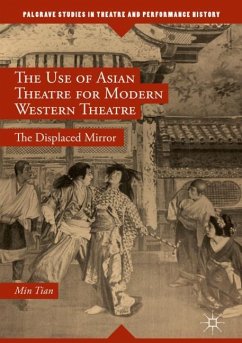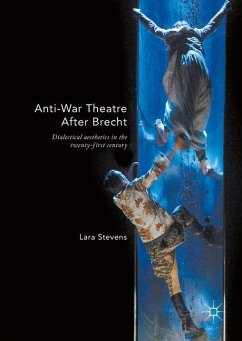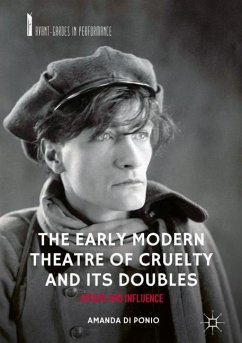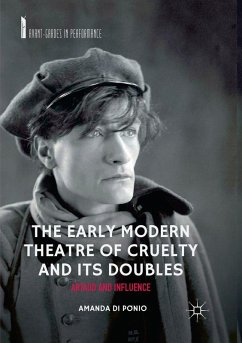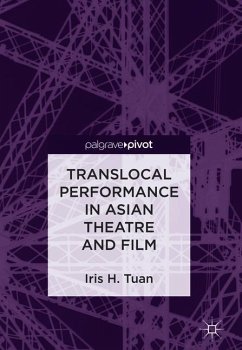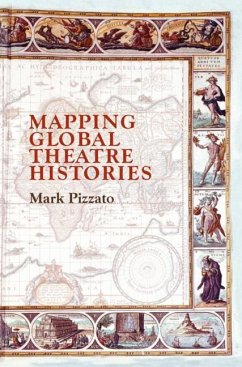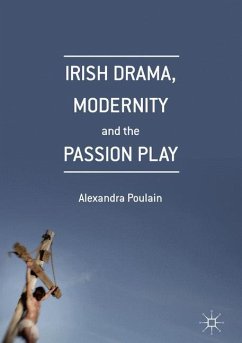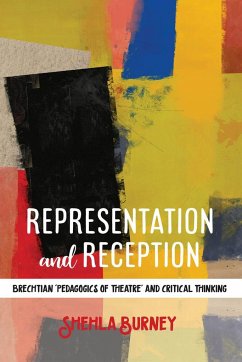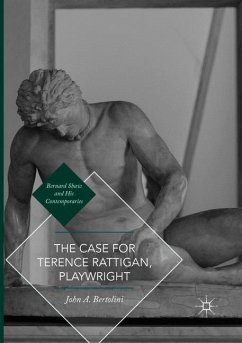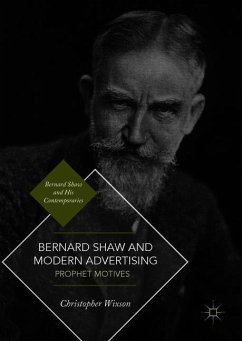
The Use of Asian Theatre for Modern Western Theatre
The Displaced Mirror
Versandkostenfrei!
Versandfertig in 6-10 Tagen
38,99 €
inkl. MwSt.
Weitere Ausgaben:

PAYBACK Punkte
19 °P sammeln!
This book is a historical study of the use of Asian theatre for modern Western theatre as practiced by its founding fathers, including Aurélien Lugné-Poe, Adolphe Appia, Gordon Craig, W. B. Yeats, Jacques Copeau, Charles Dullin, Antonin Artaud, V. E. Meyerhold, Sergei Eisenstein, and Bertolt Brecht. It investigates the theories and practices of these leading figures in their transnational and cross-cultural relationship with Asian theatrical traditions and their interpretations and appropriations of the Asian traditions in their reactional struggles against the dominance of commercialism and...
This book is a historical study of the use of Asian theatre for modern Western theatre as practiced by its founding fathers, including Aurélien Lugné-Poe, Adolphe Appia, Gordon Craig, W. B. Yeats, Jacques Copeau, Charles Dullin, Antonin Artaud, V. E. Meyerhold, Sergei Eisenstein, and Bertolt Brecht. It investigates the theories and practices of these leading figures in their transnational and cross-cultural relationship with Asian theatrical traditions and their interpretations and appropriations of the Asian traditions in their reactional struggles against the dominance of commercialism and naturalism. From the historical and aesthetic perspectives of traditional Asian theatres, it approaches this intercultural phenomenon as a (Euro)centred process of displacement of the aesthetically and culturally differentiated Asian theatrical traditions and of their historical differences and identities. Looking into the displaced and distorted mirror of Asian theatre, the founding fathers of modern Western theatre saw, in their imagination of the 'ghostly' Other, nothing but a (self-)reflection or, more precisely, a (self-)projection and emplacement, of their competing ideas and theories preconceived for the construction, and the future development, of modern Western theatre.



